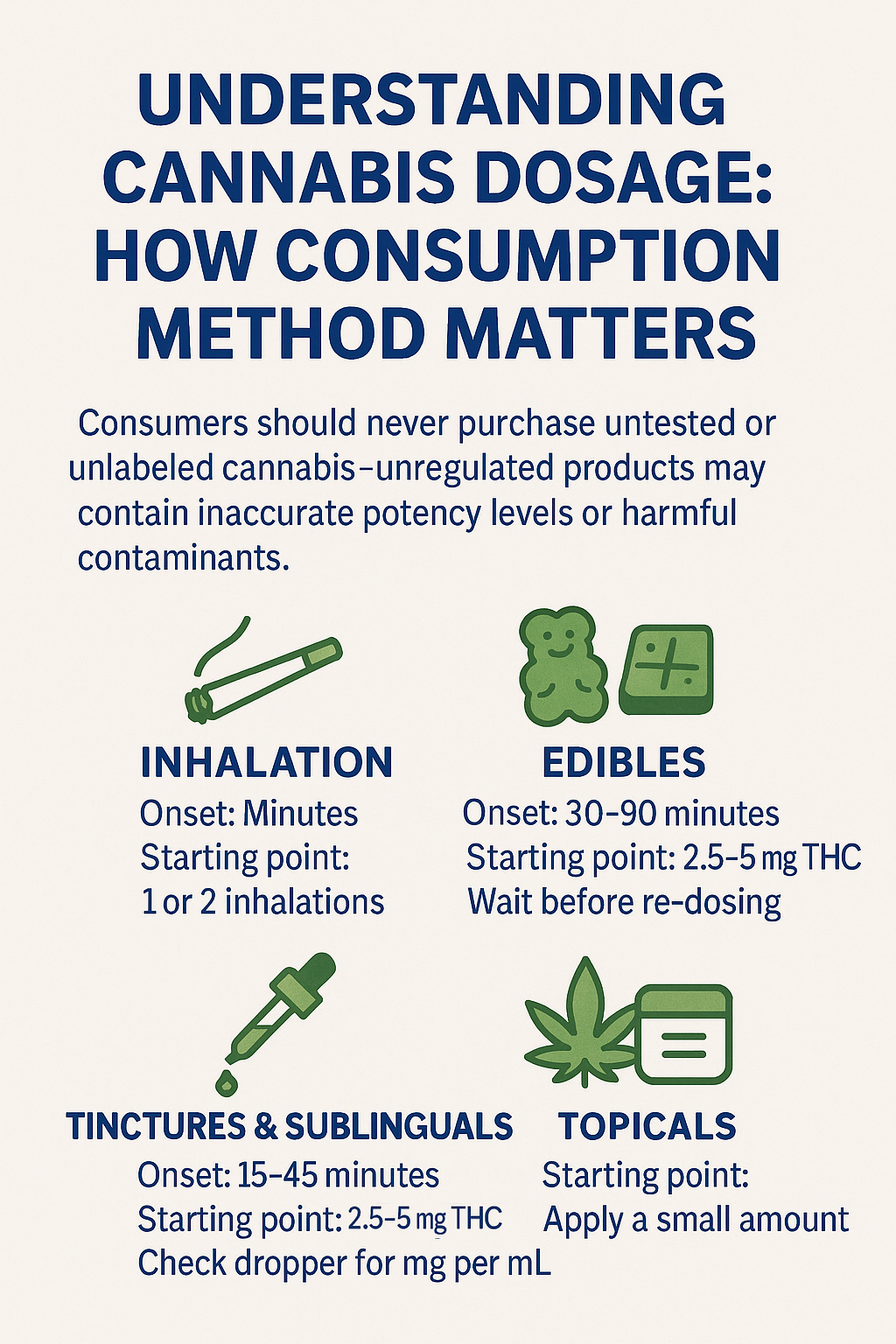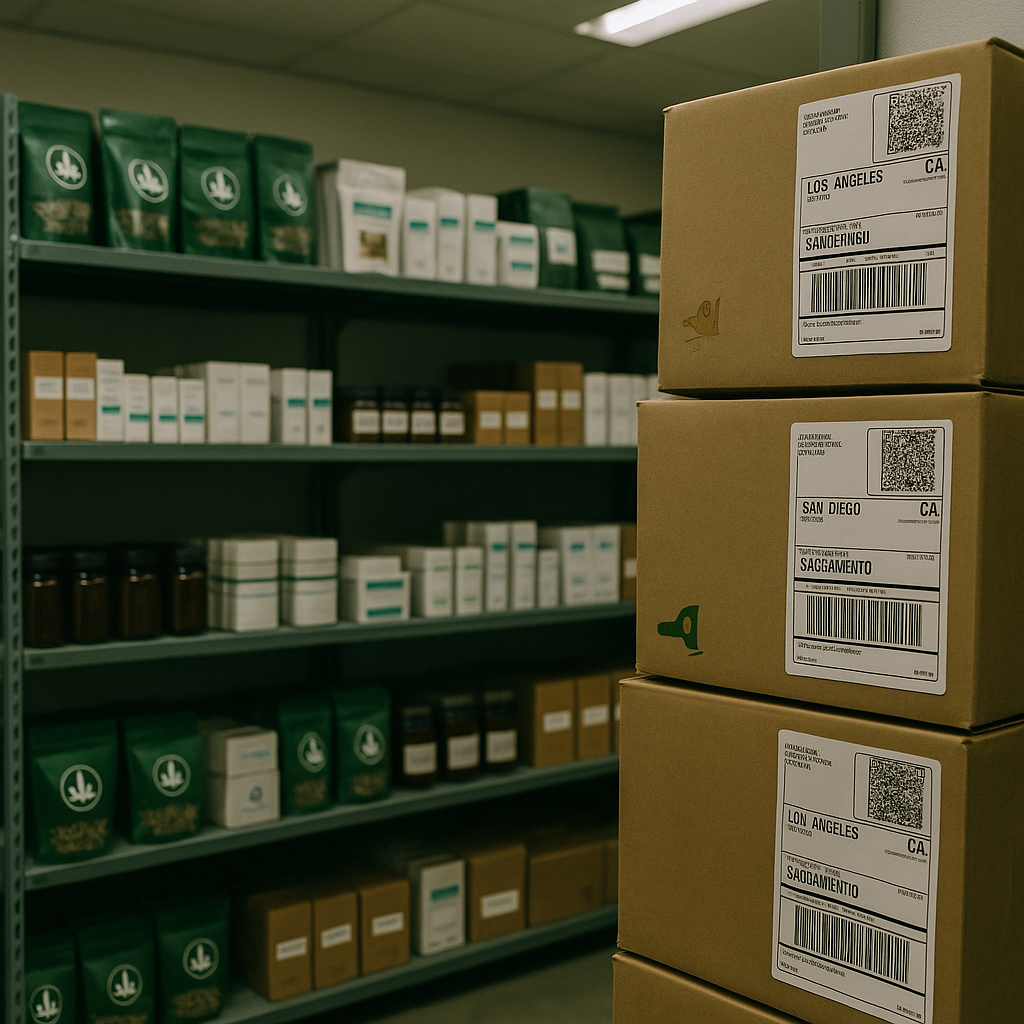Driving under the influence of any drug or substance with the ability to impair cognitive function is illegal under McKinney’s Vehicle and Traffic Law §§ 1192(4)(a).
Impaired drivers behind the wheel are a growing concern in New York, as there isn’t currently a blood alcohol content (BAC) test equivalent for cannabis.
Cannabis can stay in a person’s system for days and even months. It can also be detected on a person’s hair for up to 90 days after use. In urine tests for infrequent users, cannabis can take as long as a few days to work its way out of a person’s system, but for heavy users it can take at least a month. This makes it difficult to determine how impaired a driver may be or if they are at all.
Because of this, New York law considers any driver testing positive for THC a DWAI-Drug (Driving While Ability Impaired by Drugs) offense. The problem with this, however, is that anyone can be charged with this offense as long as there is an allegation of impairment, even if they haven’t used cannabis recently.
Sobriety tests combined with field blood tests could be a solution to this problem. According to WIBX, a blood test to show THC concentration combined with a failed sobriety test could possibly show when a driver is impaired from cannabis use, and they could then be charged with a DWAI-Drug offense.
However, testing drivers for blood THC concentration regarding impairment isn’t as straightforward as it may seem. According to The Guardian, THC can remain in a person’s bloodstream for weeks, and THC concentration doesn’t necessarily have a direct correlation to driving impairment. In some states, a predetermined amount of THC in someone’s blood is defined as illegal, regardless of the driver’s condition, meaning that they would be charged with a DWAI-Drug offense.
A first offense would be considered a misdemeanor and would result in a fine of around $500 to $1,000, imprisonment for up to a year, or a fine and imprisonment. Their license would also be revoked for six months.
A second offense within the past 10 years is more serious: a class E felony with a fine of around $1,000 to $5,000, imprisonment for five to 30 days, and a possible DUI program to follow. Their license would be revoked for one year as well.
A third offense within the past 10 years would be considered a class D felony, the most severe. This includes a fine of $2,000 to $10,000, imprisonment for seven days up to 10 years, a minimum license suspension of one year, and the required installation of an ignition interlock device in the offender’s vehicle(s).
Another effort made by the state to reduce impaired driving after the legalization of adult-use recreational marijuana in 2021 is the open container law.
Although the threat of a DWAI-Drug offense is one way to prevent impaired driving, it is also illegal for anyone to burn cannabis in a vehicle under the open container law VTL § 1227 (1). According to this law, anyone found to be violating it will be charged with a traffic infraction.
While illegal, it’s also quite dangerous.
In a report given by the US National Highway Traffic Safety Administration (NHTSA) in 2017, cannabis use can negatively impact several aspects of operating a vehicle, such as reaction time, lane positioning, route planning, decision-making, risk-taking, and divided attention while driving.
With a slower reaction time, impaired drivers would not be able to effectively perform tasks such as emergency braking in time to prevent a car accident. On top of that, it’s also important to be able to divide one's attention while driving, which is more difficult to do while under the influence of cannabis. This increases the risk of an accident when a driver is too hyperfocused on one aspect of driving when they should be focused on every aspect of it.
The NHTSA also found that between 2009 and 2018, almost twice as many drivers killed in car accidents had cannabis in their systems at the time of the accident.
Regardless of how someone feels while drunk or high, they are impaired and shouldn’t get behind the wheel of a car. When someone drives while impaired, they pose a risk to themselves, their passengers, and other drivers.
The NHTSA recommends cannabis users to plan ahead and appoint a sober designated driver ahead of time, use public transportation, or use a ride-sharing service.
To avoid the legal or physical consequences of impaired driving, don’t drive under the influence of any drug or substance. Even marijuana.

NYS Cannabis Connect Staff
All of the recent cannabis news and resources, all in one place.




Related News
Inversion: The Hidden Threat Undermining New York’s Legal Cannabis Economy
Oct 30, 2025
What Does Your Brand Offer to Cannabis Consumers?
May 12, 2025
How Much Cannabis Do New Yorkers Smoke, and What Is the Cost in NYC?
Nov 27, 2023